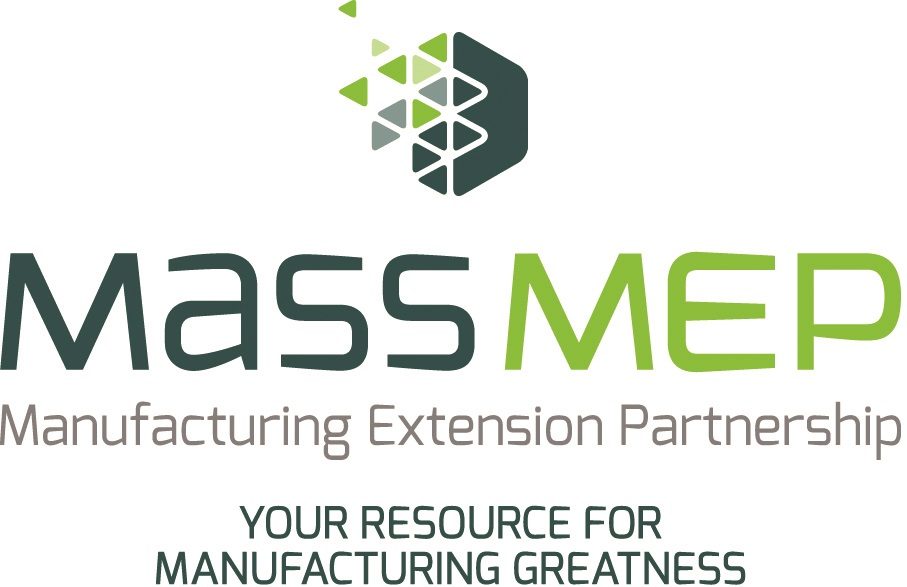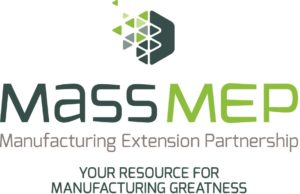
Manufacturing in Massachusetts and Creating the Talent for Tomorrow!
Manufacturers throughout Massachusetts and the United States are facing a new set of challenges and exciting growth opportunities. Given the manufacturing industry’s important role in providing both direct and indirect jobs, how firms react to these changing conditions is critical not only to the companies themselves, but to our country, our communities, our citizens, and ultimately, our economic and national security.
There are many myths concerning manufacturing. Many people still have old models and notions about manufacturing that are out of date. Manufacturing is not monolithic and is ubiquitous. Manufacturing is composed of different industries with different patterns of growth and decline, with both small and large firms. Regions of the U.S. have different industry structures and product life cycles. The economic environment that companies compete in today is vastly different from that of 20 years ago and the pressure for change is continuing and accelerating.
It is anticipated that Massachusetts will have about 100,000 job openings in manufacturing over the next five years. As such, MassMEP is working on three key initiatives to drive future workers into a manufacturing career.
The world is changing at such a pace that some of the jobs of the future have not even been defined yet. However, for the sake our economy, manufacturing is an industry that will be around in the future, albeit very different from today.

John Killam
President/CEO,
Massachusetts Manufacturing
Extension Partnership (MassMEP)
On average, American manufacturing workers earn nearly 30% more (including pay and benefits), than workers in other industries. The manufacturing industry provides stable and secure careers. The average tenure of workers in manufacturing jobs is the highest among all private sector industries at 9.1 years.
From advanced robotics in R&D labs to computer vision in warehouses, technology is making an impact on every step of the manufacturing process.
The accelerating pace of change is driven by the continued evolution of the global economy and it is sweeping through the doors of manufacturers. Meeting this challenge is the key to the future. Turning the key demands that we all work together to improve company performance as measured by profits and productivity.
What MassMEP is doing to expand the K-gray skills gap.
Curriculum in the middle schools – MassMEP has developed a program that will work with teachers in the middle schools to solve a “problem” through invention and entrepreneurship.
Credentialling – MassMEP has a two-level credentialing program that identifies set skilled learned in school that have been identified by manufacturers. When a student has these skills, it provides manufacturers with a baseline of knowledge during the hiring process.
Career Link – This is an online tool to identify internships, career opportunities and matches schools with companies for tours and presentations. ◾


